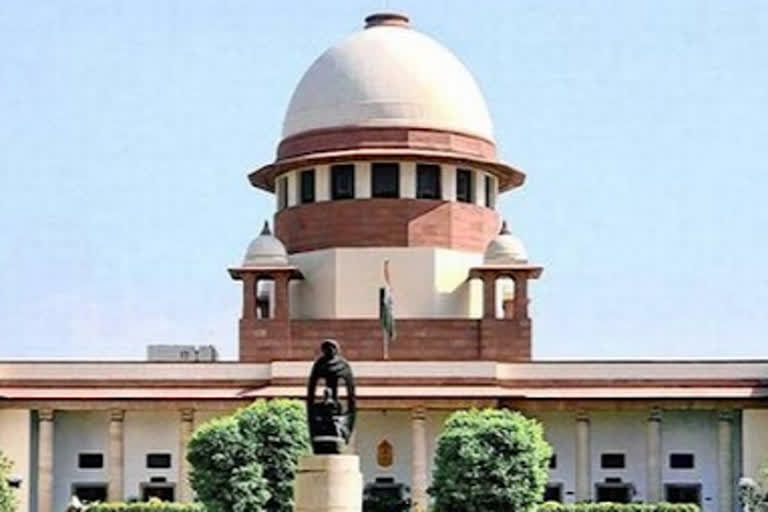New Delhi: The Supreme Court on Wednesday ruled that NEET shall remain the only uniform entrance test for medical admissions in the country.
Noting that NEET has been prescribed by the Legislature in the larger public interest that has to prevail, a three-judge Bench led by Justice Arun Mishra said the provisions were reasonable conditions of recognition, affiliation binding on all such institutions whether run by majority or minority.
"Professional educational institutions constitute a class by themselves. Specific measures to make the administration of such institutions transparent can be imposed. The rights available under Article 30 are not violated by provisions carved out in Section 10 D of the MCI Act and Dentists Act and Regulations framed by MCI/DCI. The regulatory measures are intended for the proper functioning of institutions and to ensure that the standard of education is maintained and does not fall low under the guise of an exclusive right of management to the extent of maladministration. The regulatory measures by prescribing NEET is to bring the education within the realm of charity which character it has lost. It intends to weed out evils from the system and various malpractices which decayed the system. The regulatory measures in no way interfere with the rights to administer the institution by the religious or linguistic minorities," read the judgement by the judges.
The bench observed that the concept of limited government or least interference from them is welcomed but it has to be seen that it doesn't defeat the very national interest. It has to be decided that up to what extent the government can interfere in order to balance rights with national interest and take care of larger public interest.
